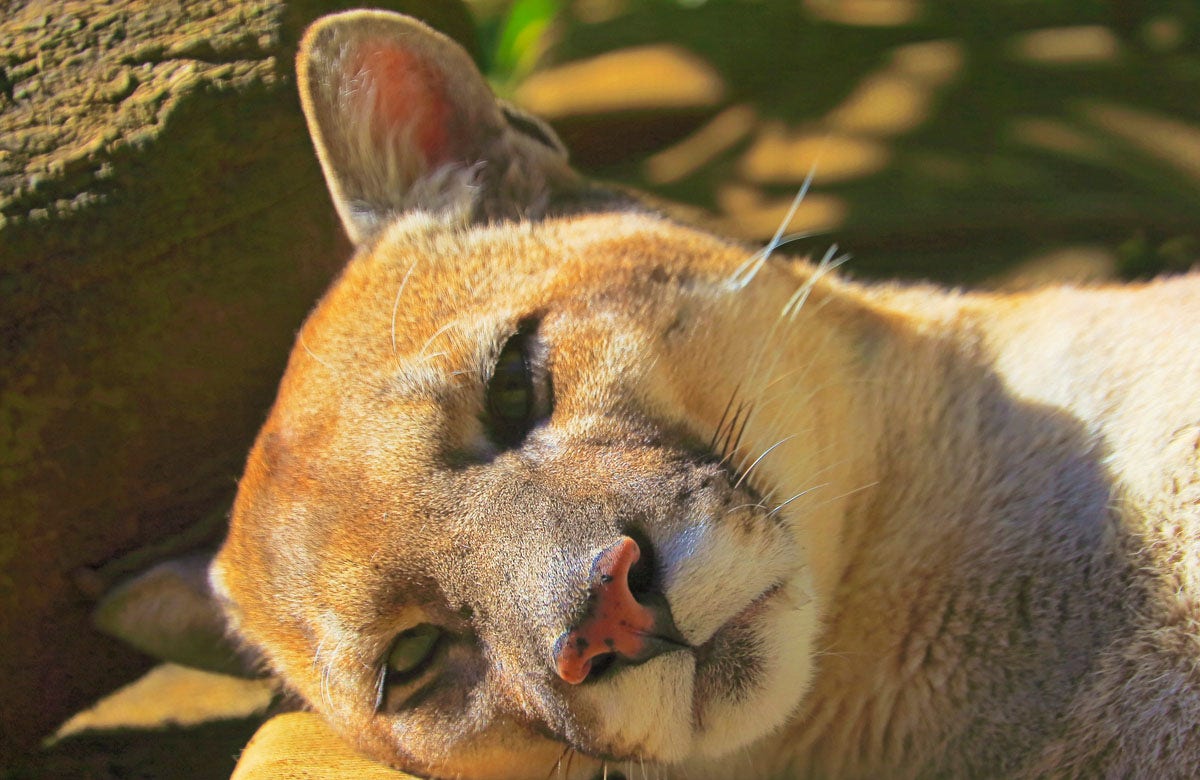Bird flu causes deaths of cats and zoo animals as virus continues to spread

In recent news, reports have emerged of animals dying of bird flu in various parts of the U.S. Just days after the U.S. Department of Agriculture issued a new order that all raw (unpasteurized) milk must be tested for the virus, incidents of animal deaths have come to light.
In Los Angeles County, the public health department is investigating the deaths of two cats that reportedly consumed recalled raw milk. The felines displayed symptoms such as lack of appetite, fever, and neurologic issues after drinking the milk. Subsequently, the infected cats died after severe worsening of their illness and tested positive for influenza A, a rare result in cats.
Health officials are now considering these cases as suspected H5 bird flu cases, and confirmatory testing is underway. Cats can contract bird flu by consuming infected birds or other animals, or by drinking raw milk from infected cows.
Meanwhile, at the Wildlife World Zoo in Maricopa County, Arizona, a few resident animals have also reportedly died after becoming infected with bird flu. A cheetah, a mountain lion, a swamphen, an Indian goose, and a kookaburra were among the animals that succumbed to the virus. However, a white tiger that was confirmed to be infected appeared to be responding to treatment.
The Maricopa County Department of Public Health is working closely with state and federal partners to respond to the detection of avian influenza in the zoo animals. While the risk to the public and zoo visitors remains low, continued outbreaks have been reported among dairy cattle, poultry, waterfowl, and wild birds in multiple U.S. states.
Experts have warned about the dangers of consuming raw milk, as it has been found to contain relatively high concentrations of the H5N1 virus. Dr. Jacob Glanville, CEO of Centivax, a San Francisco biotechnology company, emphasized the importance of pasteurizing milk to prevent the spread of harmful pathogens commonly found in raw milk.
In conclusion, the recent incidents of animal deaths due to bird flu serve as a stark reminder of the potential risks associated with consuming raw milk. It is crucial to take steps to better control the transmission of H5N1 in dairy cows and to understand how it spreads between states in the U.S. By following proper precautions and only consuming pasteurized milk, we can help prevent the spread of harmful pathogens and protect both animals and humans from the dangers of bird flu.




